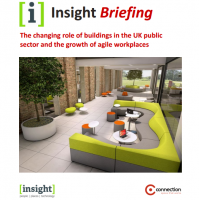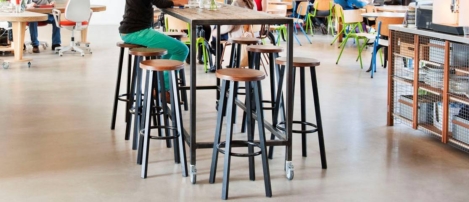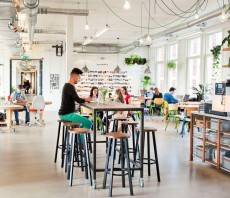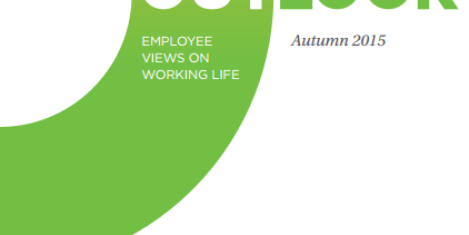November 9, 2015
Last chance to book next week’s Worktech London at a discounted rate 0
 In just over a week’s time, Worktech, the international conference series on the future of work, workplace and technology will return to Level 39 – Europe’s largest technology accelerator space. The event will bring together over 350 of the biggest and brightest names to debate, discuss and divulge the latest thinking on the future of work. Companies booked to attend include ANZ, AON, Allen & Overy, Arup, Barclays, Cabinet Office, Catlin, Central Working, Cisco, Deloitte, Deutsche Bank, Diageo, Discovery, Ebay, EE, Ernst & Young, GlaxoSmithKline, Goldman Sachs, IKEA, ITV, International Group for Environment and Development, Kings College London, Lenovo, McKinsey, Microsoft, National Grid, Royal Bank of Scotland, Schroders, Sonos, UBS, Vasakronan and Vodafone. Worktech15 takes place on 17th and 18th November and Insight readers can enjoy discounted tickets.
In just over a week’s time, Worktech, the international conference series on the future of work, workplace and technology will return to Level 39 – Europe’s largest technology accelerator space. The event will bring together over 350 of the biggest and brightest names to debate, discuss and divulge the latest thinking on the future of work. Companies booked to attend include ANZ, AON, Allen & Overy, Arup, Barclays, Cabinet Office, Catlin, Central Working, Cisco, Deloitte, Deutsche Bank, Diageo, Discovery, Ebay, EE, Ernst & Young, GlaxoSmithKline, Goldman Sachs, IKEA, ITV, International Group for Environment and Development, Kings College London, Lenovo, McKinsey, Microsoft, National Grid, Royal Bank of Scotland, Schroders, Sonos, UBS, Vasakronan and Vodafone. Worktech15 takes place on 17th and 18th November and Insight readers can enjoy discounted tickets.




































November 12, 2015
The three workplace professions need to face up to a new reality 0
by Mark Eltringham • Comment, Facilities management, Technology, Workplace
(more…)